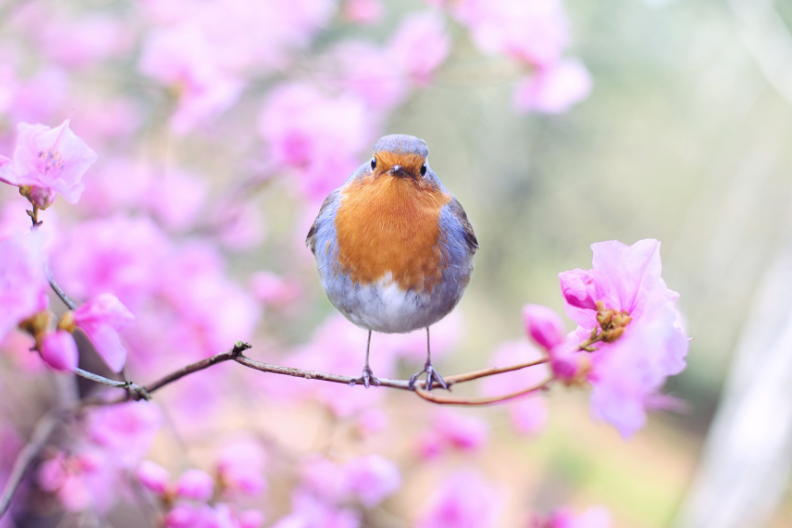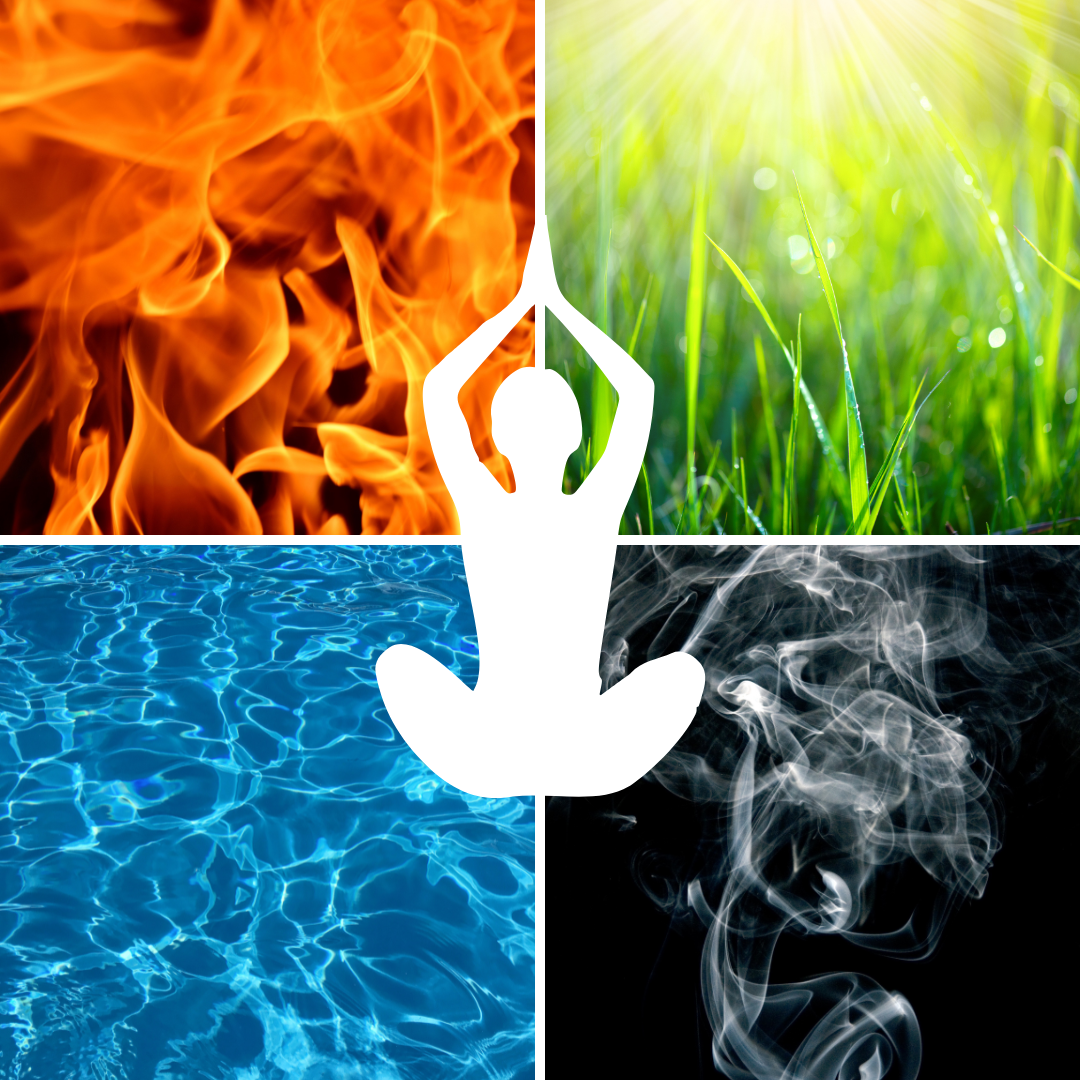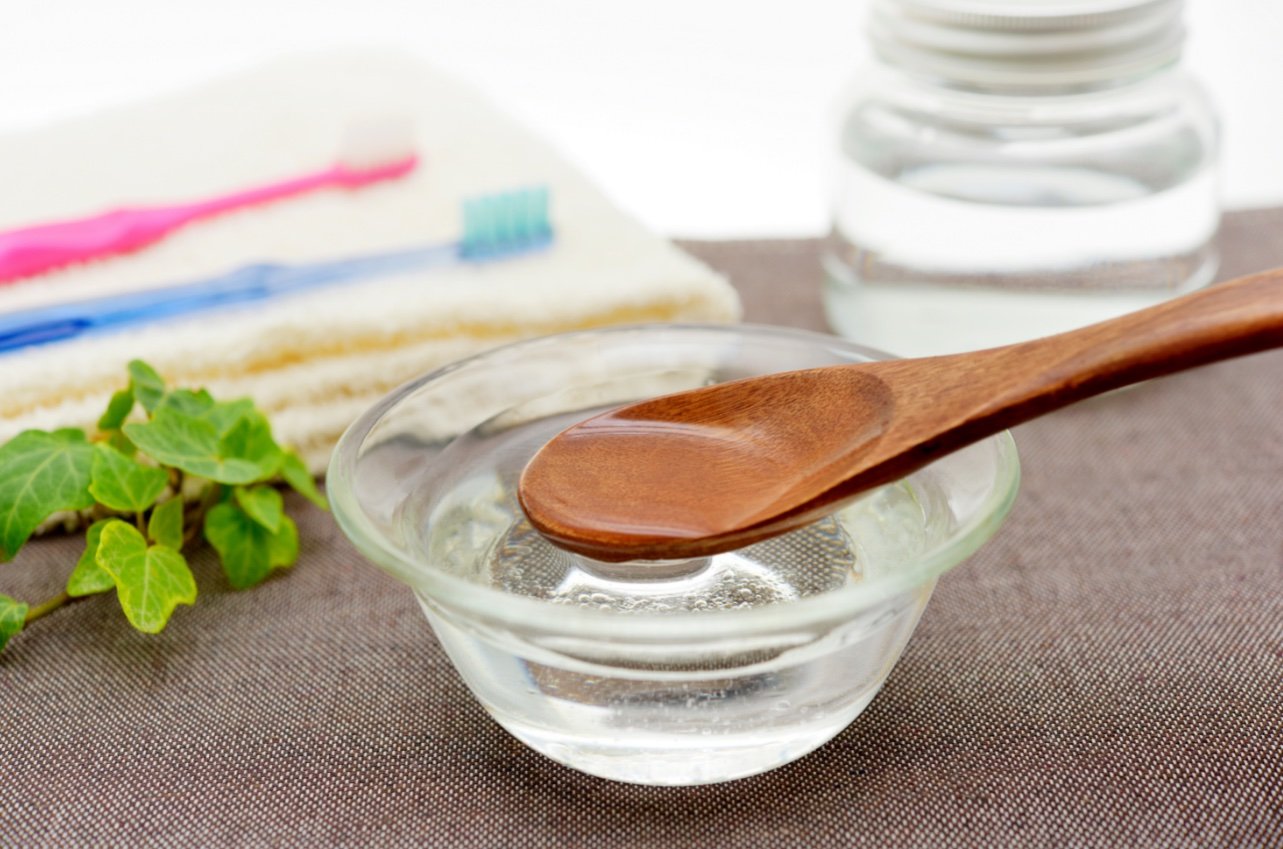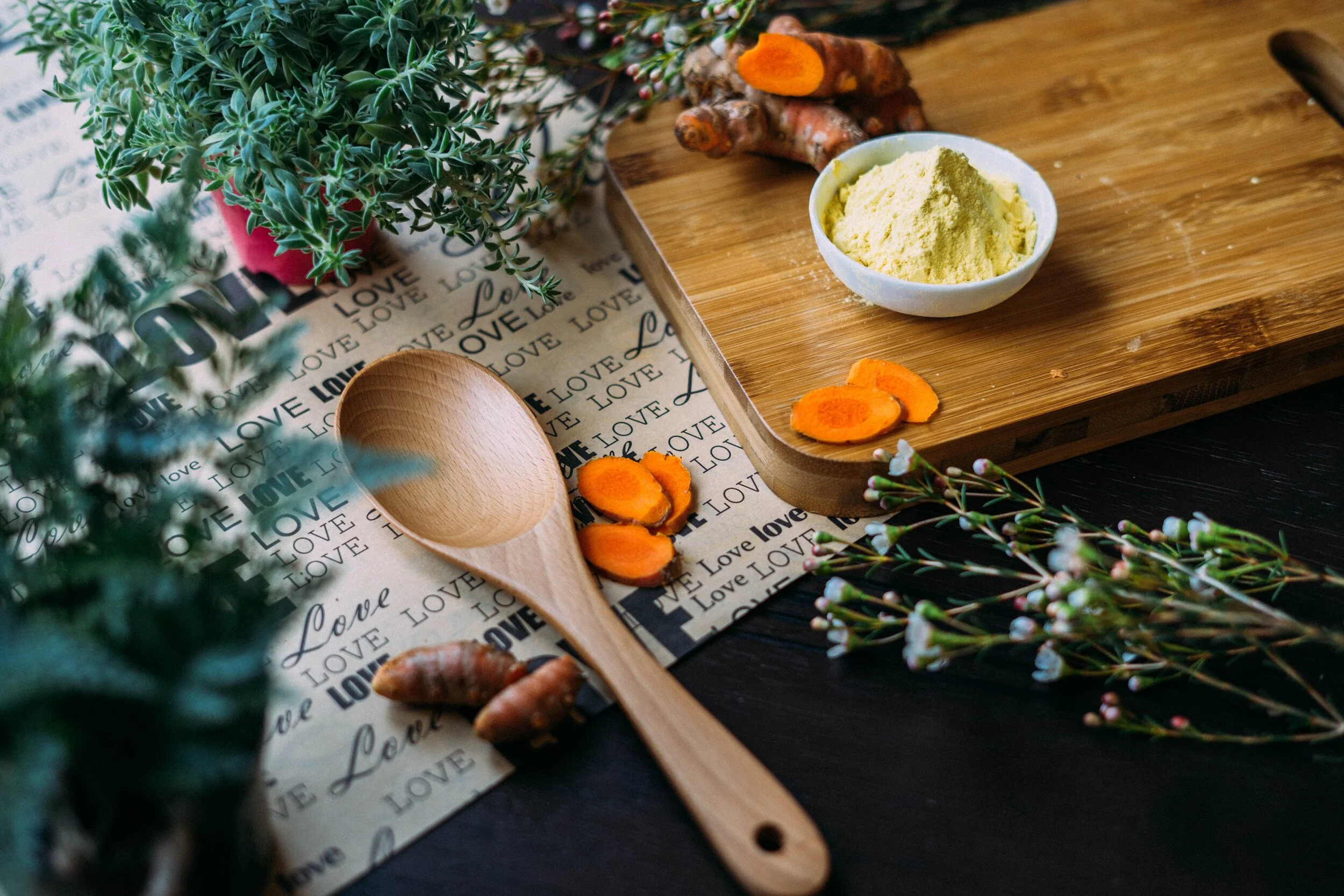Beauty Inside and Out
/What does the word “beauty”, in reference to physical appearance, mean to you?
Our culture is constantly creating and re-creating what the ideal image of beauty is at any given time.
I remember, at 19 years old, seeing a cover to a popular fashion magazine touting “The Face of the Future”. They had compiled the features from some of the most famously beautiful models of the late 1980s to predict the look that would be the next big thing for 1990. I was thrilled because the face on the cover looked just like I did at the time; short medium-brown hair, lightly tanned skin, round face, and big brown eyes.
Photo Credit: Mateus Campos Felipe for Unsplash
Finally - I was going to be considered beautiful! What’s funny is it actually happened. In just a few month’s time the trend shifted, and my look went from being perceived as average cute to the one that turned heads when I walked into the room. My appearance hadn’t changed a bit, only our cultural idea of beauty had.
Just a few years ago “heroin chic” was a thing.
Photo Credit: Ilyuza Mingazova for Unsplash
Top models were frighteningly thin and frail-looking, even accentuating the look with pale makeup and darkened eyes. Thank goodness that trend didn’t last long! Now the ladies who are graced with ample curves get top billing on magazine covers. Eventually every size and shape will get its turn to be considered beautiful by some common standard - but, if these ideals are so variable, are they really beauty in any true sense or just what we choose to label as beauty in this moment?
What, then, does define a truer and less-variable beauty?
Photo Credit: Mehmet Turgut Kirkgoz for Unsplash
Sometimes we see a person who may be older, simply dressed, with little or no make-up and hair undone, yet they are simply radiant. What is it that creates this type of beauty that exists regardless of age, size, shape, color, or fashion?
What is it that creates this outer beauty that radiates from deep within?
In Ayurveda, the belief is that all of our outer aspects originate from within. What we eat, how well we sleep, hydration, stress, and mental state are all reflected in our physical being. A balanced inner landscape results in good health, which in turn shows as glowing skin, bright eyes, good posture, and fluid movement. These things might be a more accurate, and less fickle, measure of beauty.
Photo by Saksham Gangwar on Unsplash
Here are some simple Ayurvedic principles to guide you to both look and feel more beautiful:
Follow the cycles of the seasons: Eat fresh, seasonal, locally grown foods. Spicy, cooked, and comfort foods are better in winter.
Use only natural products: Your skin is porous and what is absorbed through the skin enters the body, the bloodstream, and the lymph. As a general rule, if you wouldn’t put it in your mouth, don’t put it on your skin. Luckily there are many wonderful skin-care products made from safe, natural ingredients.
Eat mindfully - make meal time a ritual: To really digest your food and get the most out of it, give it your full energy and attention. In Ayurveda, the vital energy (or prana) of the food we eat is as important as the calories and nutrients. The energy of the food comes from how it is grown, the intention with which it is prepared, and how it is eaten. In the movie Like Water for Chocolate the character Tita cries into the cake batter as she is preparing a wedding cake for the man she loves, who is marrying another woman. Later, when the cake is served, the entire wedding party is overcome with tears and sorrow. This is a great metaphor for the energy we put into food as we prepare it. Prepare your meals and those for your family with love and the best intentions. Source your ingredients from people who care about the crops and the animals they raise. Eat with gratitude.
Enable your digestion: Simply put - chew your food! Ayurvedic practitioners recommend chewing each bite 30 - 50 times. This allows the food particles to break down and be mixed with saliva, which contains the first phase of digestive enzymes. The rest of the digestive system can do its job better if we thoroughly chew our food before swallowing.
Improve circulation to your skin with Abhyanga and gentle movement: Increased circulation through movement or massage removes impurities from the skin and distributes oxygen and nutrients. Practicing Abhyanga daily or weekly not only increases circulation but also moisturizes the skin, leaving it soft and glowing.
Get restful sleep and reduce stress: Stress and lack of sleep disrupts everything! It weakens our digestive fire, decreases circulation, and creates a build-up of stress hormones which breaks down collagen and encourages weight gain and fluid retention.
Redefine “beauty”: The most-important factor of them all!
Is your idea of beauty based on a cultural standard that may or may not be attainable, or is it something that each of us, including yourself, can achieve?
Perhaps the most influential factor in perceived beauty is confidence. If we are confident and know that we are taking good care of ourselves, we present ourselves differently. Our posture changes, our expressions brighten, and our subtle energies shift.
Try this exercise in recognizing your own beauty: Look at yourself in the mirror. Notice and appreciate every single beautiful little thing about yourself. Resist the urge to self- criticize. There are no, “I wish my ___ was smaller/larger” or “If only my _____ was different.” Notice and appreciate what is, just as it is. Make this a regular practice, part of your morning routine, and notice how your own perception shifts.




















